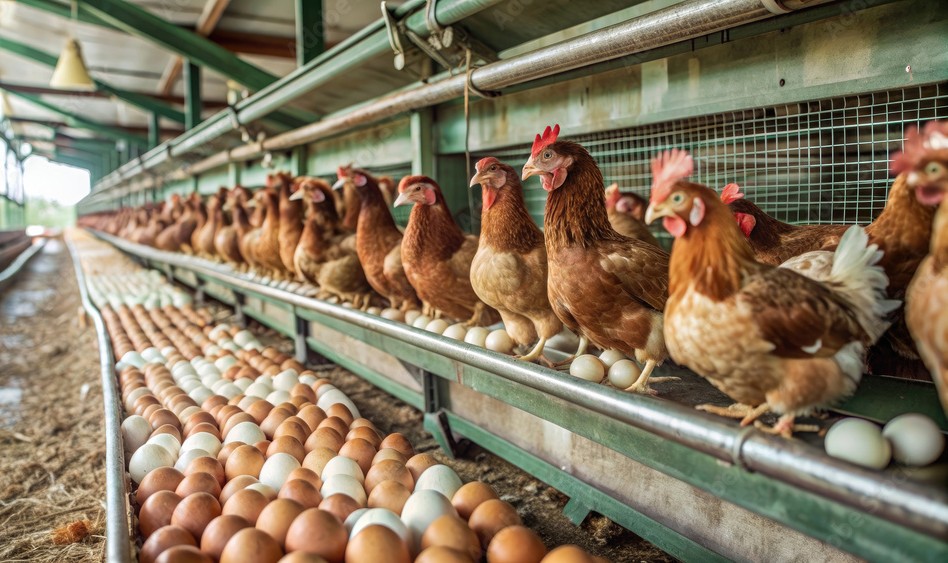Azolafam Ltd.: 27th Jan. 2025 { https://www.azolafam.com/ } Agriculture is a significant user of water resources,…
Azolafam Ltd.: 24th March. 2025 { https://www.azolafam.com/ }

Poultry farming is a lucrative business that requires careful planning, attention to detail, and a commitment to providing high-quality care for the birds. Effective poultry management is crucial to ensure the health, productivity, and profitability of the farm. In this article, we will provide comprehensive poultry management guides to help you establish and maintain a successful poultry farm.
I. Bird Health Management
Maintaining the health of your birds is crucial to prevent disease outbreaks and ensure optimal productivity. Here are some best practices for bird health management:

II. Nutrition and Feed Management
Providing a balanced and nutritious diet is essential for the health and productivity of your birds. Here are some best practices for nutrition and feed management:
III. Housing and Infrastructure
Providing a comfortable and healthy environment for your birds is essential for their health and productivity. Here are some best practices for housing and infrastructure:

IV. Labor and Training
Having a well-trained and motivated workforce is essential for the success of your poultry farm. Here are some best practices for labor and training:
Conclusion
Effective poultry management is crucial to ensure the health, productivity, and profitability of your poultry farm. By following the best practices outlined in this article, you can establish and maintain a successful poultry farm. Remember to always prioritize bird health, nutrition, and welfare, and to invest in the training and development of your staff. With careful planning and attention to detail, you can build a thriving and sustainable poultry business.